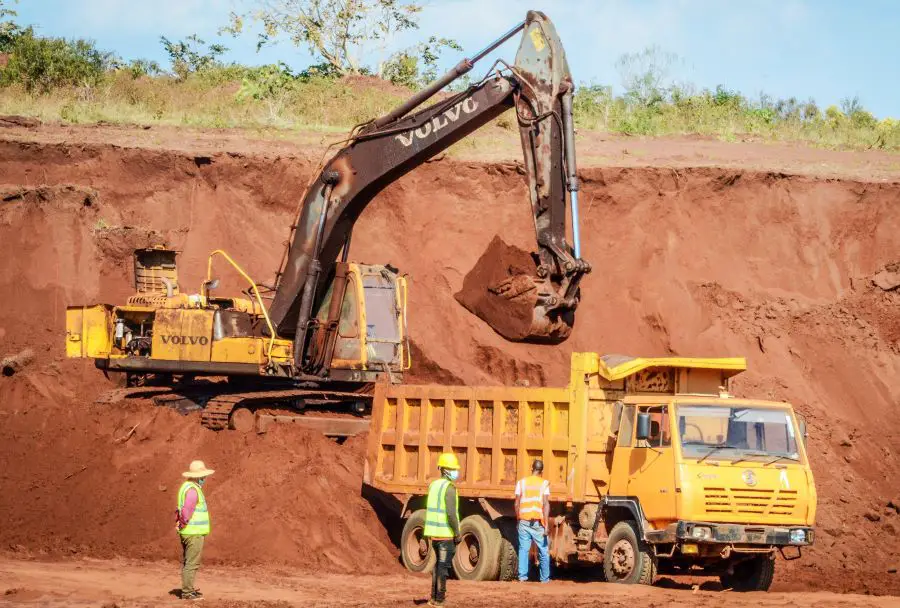Chinese investors have expressed their intention to explore the vast heavy sand deposits in Pebane, a coastal district in Zambezia. The announcement was made during a community meeting held to assess the potential environmental impacts of the project.
According to a report, the investment in the village of Nicadine is expected to reach approximately US$15 million. The project will be carried out in a concession spanning 9,000 hectares, with an authorized exploitation area of 532 hectares, while the remaining land will be reserved for agricultural activities.
It is estimated that the extraction operations will yield around one million tons of ilmenite and 324 tons of zircon. These heavy sand minerals find applications in industries such as paints, plastics, and ceramics.
China has emerged as a major export destination for such extractive products within Mozambique. Chinese companies hold several mining concessions across the country. In line with this trend, the Mozambican government recently granted authorization for the construction of a new port terminal in the southern region. The terminal will serve as a transportation hub for heavy sands exploited by Chinese firms.
The construction and operation of the port terminal will be carried out through a direct agreement between a company formed by the Chinese firm Desheng Port and Caminhos de Ferro de Moçambique (CFM), the national railway company. The project will be implemented under a concession regime and will be located in the Chongoene district of Gaza province.
HOW THE EXPLORATION OF HEAVY SAND WILL IMPROVE ZAMBIA.
The exploration of the abundant heavy sand deposits in Zambezia’s Pebane district represents a significant investment opportunity for Chinese investors. This endeavor aligns with the growing demand for these minerals and further strengthens the economic ties between Mozambique and China. It is expected to contribute to job creation, local infrastructure development, and the overall economic growth of the region.
Also read: Investors pledge US$4b for housing infrastructure in Zambia.

